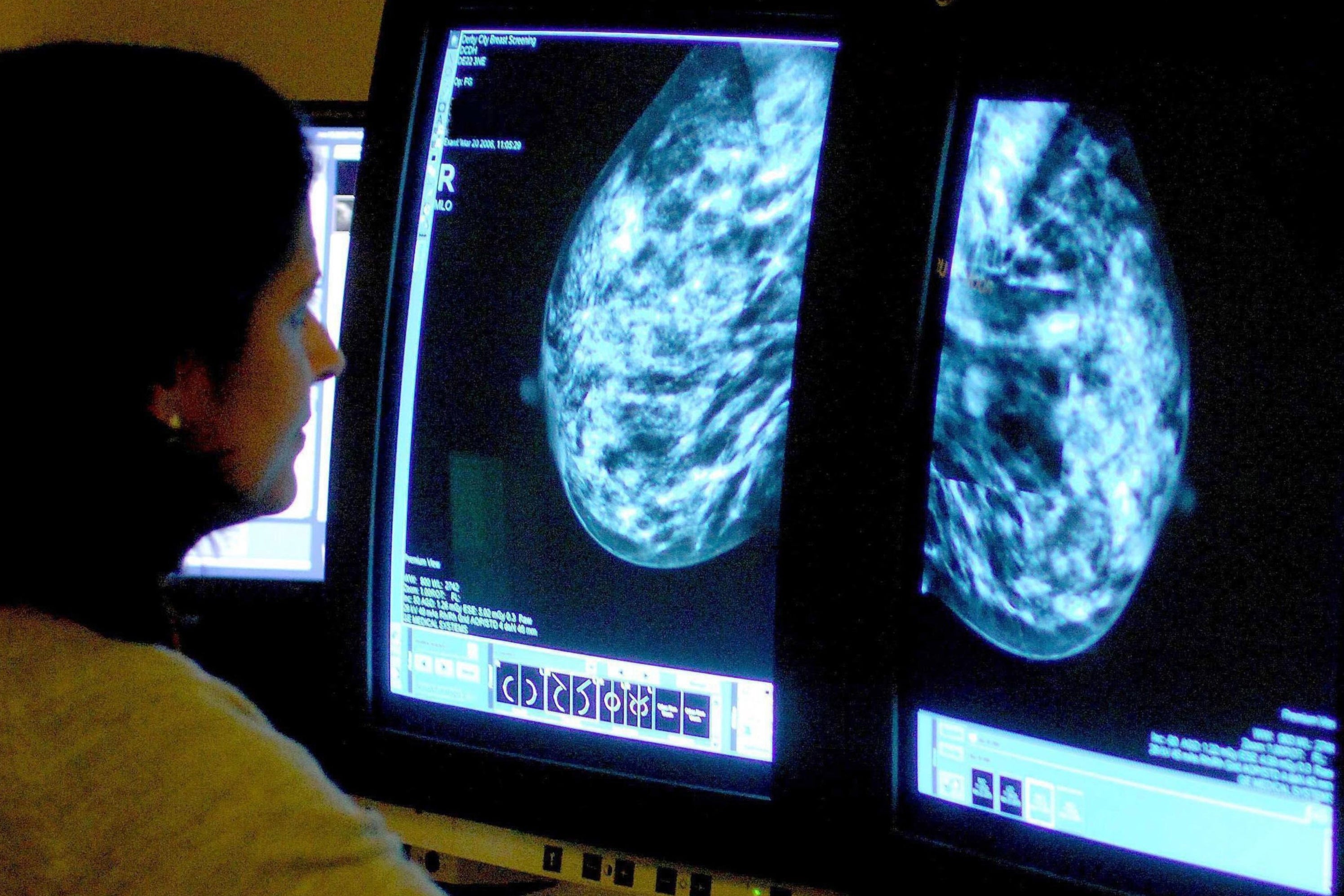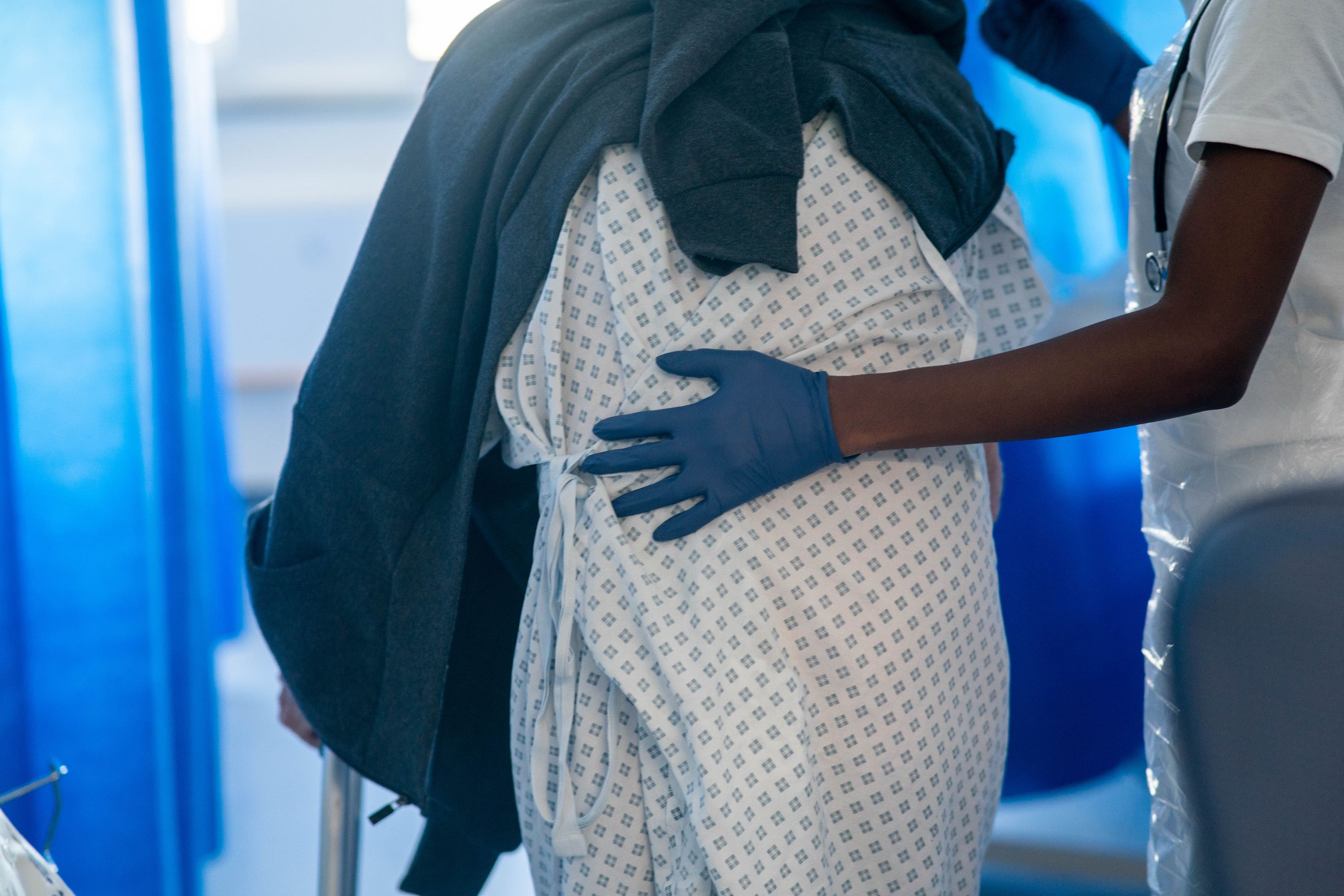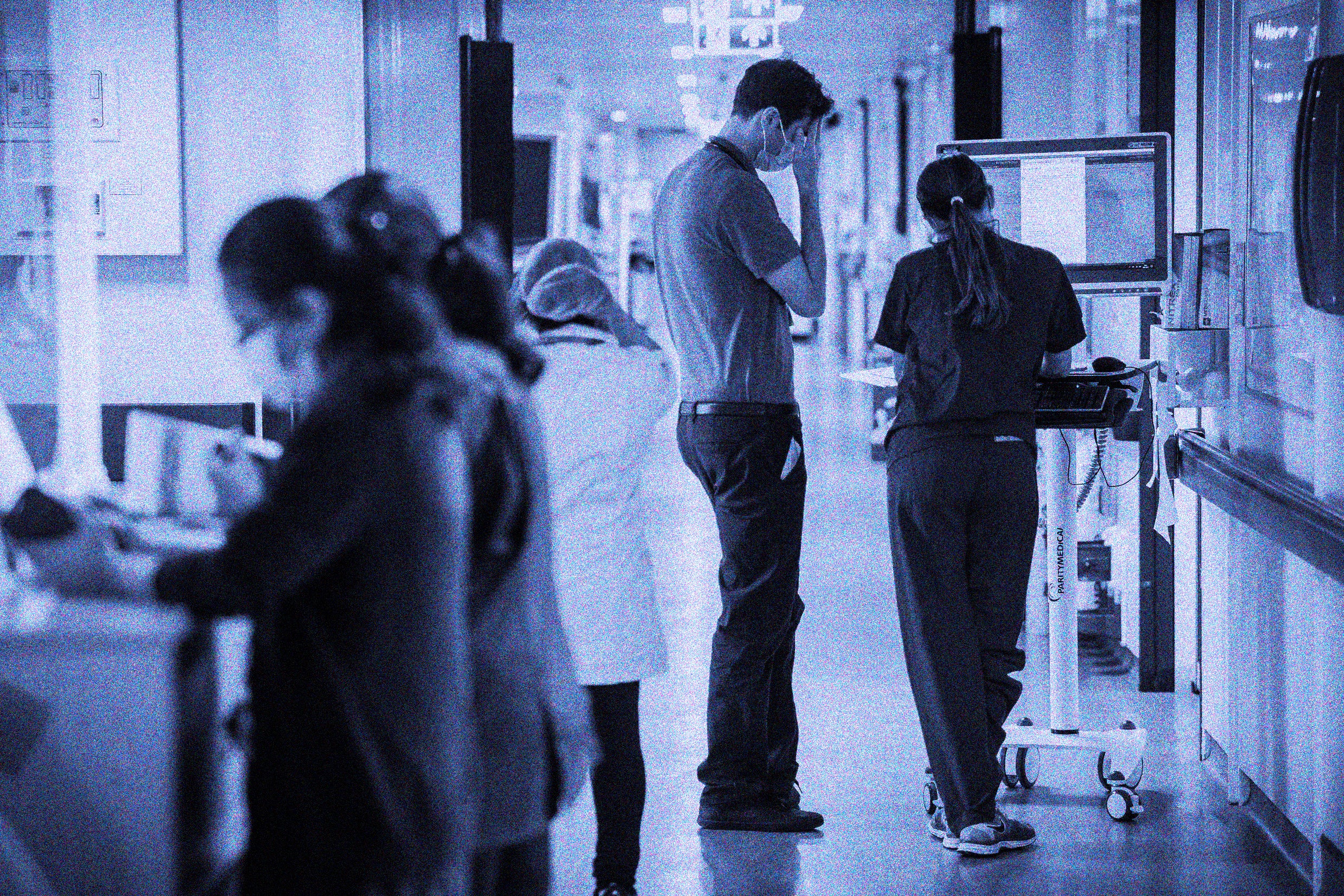I would NOT be taking this.
https://www.independent.co.uk/news/health/cancer-vaccine-trials-nhs-moderna-b2489999.htmlA new mRNA cancer vaccine being trialled in the UK could herald the “
dawn of a new age” of treatments for the disease, a scientist has suggested.
With development of the emerging vaccine technology having been turbocharged by the coronavirus pandemic, British patients are among a global cohort enlisted to trial the safety and efficacy of a vaccine experts hope could lead to a new generation of “off-the-shelf”
cancer therapies.
The vaccine – named mRNA-4359 and produced by Moderna – is aimed at people with advanced melanoma, lung cancer and other solid tumour cancers.
While in some cases, vaccines are created specifically for each individual patient in laboratories using their own genetic information, the vaccine being trialled by British patients is among those targeted more broadly at specific types of cancer, which can be produced much more quickly and easily.
A man from Surrey with malignant melanoma skin cancer that is not responding to treatment was the first UK person to receive the vaccine at Hammersmith Hospital in late October as part of the trial arm run by Imperial College London and Imperial College Healthcare NHS Trust.
“I had a different immunotherapy, I had radiotherapy, the only thing I didn’t have was chemotherapy. So, the options were either do nothing and wait, or get involved and do something,” said the 81-year-old, who does not wish to be named.
“I’m extremely grateful to the hospitals and the individuals that are running these trials. Somehow we have to change the fact that one in every two people get cancer at some point, and we have to make the odds better.”
During the trial, the vaccine will be tested alone and in combination with an existing drug pembrolizumab, which is an approved immunotherapy treatment, also known as Keytruda.
Scientists say 20 years of research into the field of cancer vaccines is finally starting to bear fruit
(PA)
Between 40 and 50 patients are being recruited across the globe for the trial, known as Mobilize, including in London, Spain, the US and Australia, although it could be expanded. Once in the body, the mRNA (a genetic material) “teaches” the immune system how cancer cells differ from healthy cells and mobilises it to destroy them.
Dr Kyle Holen, head of development, therapeutics and oncology at Moderna, said researchers hope the vaccine may be able to treat a range of cancers beyond those in the current trial.
“We believe it could be effective in head-neck cancer, we believe it could be effective in bladder cancer, we believe it could be effective in kidney cancer,” he said. “But we’re starting out with the two that we think have the highest probability of being effective and that is melanoma and lung cancer.”
Dr Holen suggested that two decades of work on cancer vaccines is finally starting to bear fruit, with the field having “finally come to a point where we’re starting to see a real benefit in patients”.
“That was something that we saw with our first vaccine, where we were able to reduce the risk of recurrence by more than half in patients who had high-risk melanoma,” he said. “So we’re really excited about some of the early results and we hope that this brings in the dawn of a new age of cancer treatments.”
Dr David Pinato, of Imperial College Healthcare NHS Trust, said that while immunotherapies remove “the invisibility cloak that makes cancer hide within the body”, the appeal of cancer vaccines “is that you can make it much more specific – you can basically give the immune system written instructions” like “an identikit of the tumour cells, which is more precise”.
Progress in UK cancer survival is now slower than it has been for 50 years, a recent study suggested
(PA)
The advantage of mRNA technology is that it “makes your own body produce those instructions”, which then “awakens the immune system”, said Dr Pinato.
While personalised vaccines can also be very effective, they can take weeks to make and rely on a large tumour sample. There is also not enough data at present to say whether personalised vaccines are in fact better than broader cancer vaccines such as Moderna’s, he said.
The Moderna vaccine looks at specific traits across a number of tumours – “at what is the most frequent hit that you can target in cancer”, said Dr Pinato. “And so that has got incredible advantages in terms of the turnaround time, the fact you can make doses of the vaccines ahead of time even before meeting the patient. That is really the advantage.”
The Mobilize trial is still recruiting patients, with Moderna expecting to report results at some point next year.
Dr Holen said the success of mRNA technology for Covid-19 vaccines has given an impetus to speed up development of cancer jabs using mRNA.
“We started creating our cancer vaccine before the Covid epidemic occurred and we used some of that technology that we were creating for the cancer vaccine for the Covid vaccine,” he said.
“And what’s really remarkable is now we’ve treated over a billion patients with our Covid vaccine, and that same technology is now being studied again in cancer patients. Because we’ve treated over a billion patients, we know a lot about the safety of the treatment and how well it’s tolerated around the world.
New vaccines could ‘revolutionise’ the way Britain treats cancer, the health secretary said
(PA/Alamy)
“So we’ll have probably more safety information on our cancer vaccine than any other vaccine that’s ever been created for cancer, and that makes us feel confident that we’re on the right track.”
The side effects from Moderna cancer vaccines appear to be less than what would be expected with other immunotherapies, he added.
“We’ve had very mild side effects that are consistent with a Covid or a flu shot. There’s some pain in the arm, there’s some fatigue, some low-grade fevers, that lasts a few days. And when you compare that to other immune therapies, it’s actually quite mild,” said Dr Holen.
The UK’s health secretary, Victoria Atkins, said: “This vaccine has the potential to save even more lives while revolutionising the way in which we treat this terrible disease with therapies that are more effective and less toxic on the system.”
However, experts are unsure why some patients respond well to vaccines and others have a poor response or none at all.



